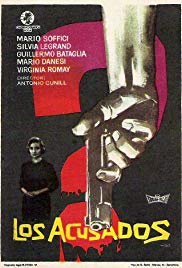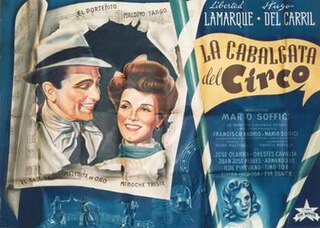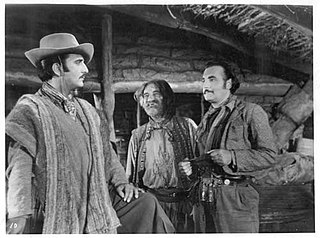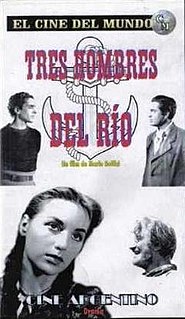It is proposed that this article be deleted because of the following concern:
If you can address this concern by improving, copyediting, sourcing, renaming, or merging the page, please edit this page and do so. You may remove this message if you improve the article or otherwise object to deletion for any reason. Although not required, you are encouraged to explain why you object to the deletion, either in your edit summary or on the talk page. If this template is removed, do not replace it . The article may be deleted if this message remains in place for seven days, i.e., after 21:15, 24 January 2021 (UTC). Nominator: Please consider notifying the author/project: {{ subst:proposed deletion notify |Oro bajo|concern=Non notable film, appears to fail [[WP:NFILM]]. Nothing found in a [[WP:BEFORE]], Wikipedia is not an IMdB mirror.}} ~~~~ |
This article has multiple issues. Please help improve it or discuss these issues on the talk page . (Learn how and when to remove these template messages) (Learn how and when to remove this template message)
|
| Oro bajo | |
|---|---|
Release date | 1956 |
| Country | Argentina |
| Language | Spanish |
Oro bajo is a 1956 Argentine film directed by Mario Soffici.














